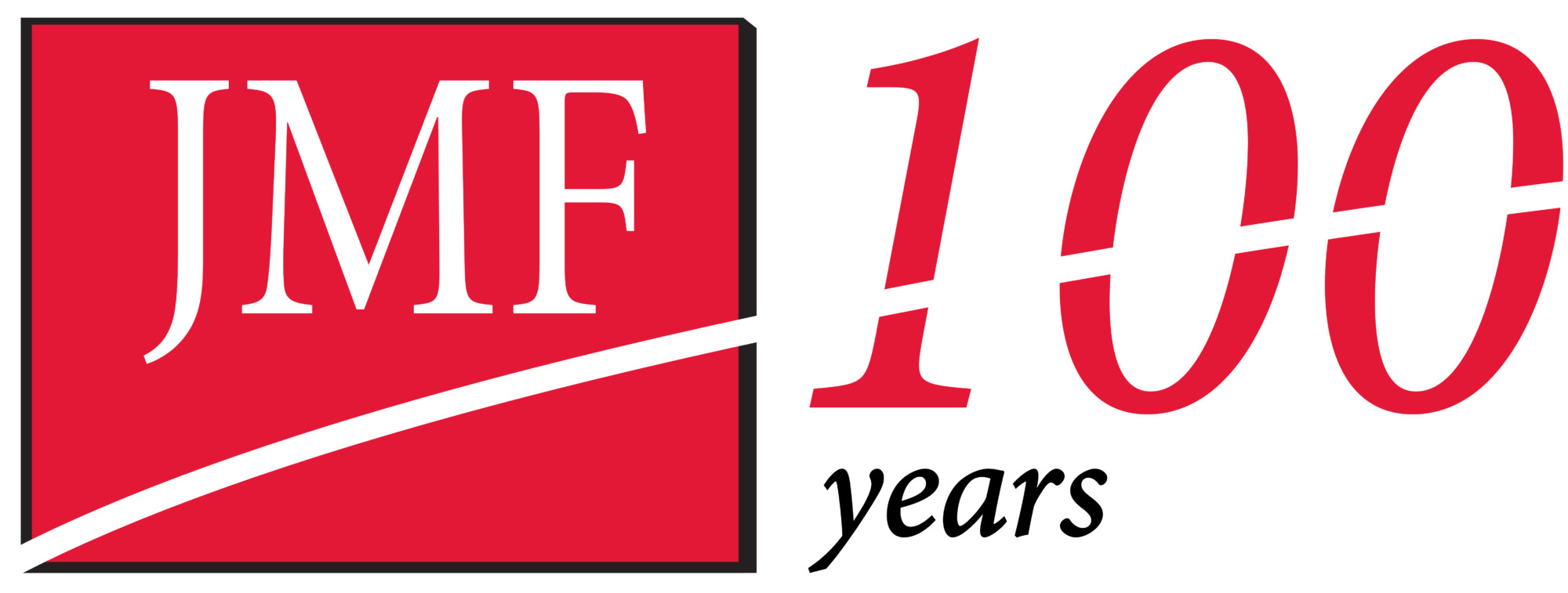You may start to see letters or receive requests for your TIN (taxpayer identification number) from your merchant card processor related to Form 1099-K. The 1099-K is a new information return to report certain payments made in settlement of “payment card” transactions and third-party network transactions. Here are some important facts about the 1099-K:
- If you have receipts under more than one Merchant Category Code (MCC) you may receive separate 1099-K Forms for each MCC or one 1099-K filed under the MCC which corresponds to the largest portion of total gross receipts. The MCC is a 4 digit code that identifies the type of business. For example 4411 is for Cruise Lines and 5462 is for Bakeries.
- The gross receipts will be reported on a calendar year basis. The payee fiscal year is not taken into account. However there is a monthly reporting section on the form that will allow the 1099-K to be reconciled with the tax returns.
- The 1099-K is due to the IRS by February 28th (March 31st if filed electronically) of the year following the transactions.
- The 1099-K is due to the payee by January 31st of the year following the calendar year for which the return was made.
- There is a de minimis which exempts the reporting of transactions settled by a third-party settlement organization if the payments do not exceed $20,000 or 200 transactions. This only applies to third-party settlement organizations
- The gross amount of receipts is the total dollar amount of aggregate transactions without regard to any credits, charge-backs, fees, cash equivalents, discounts, refunds or any other amount
- Payment Cards are used in the instructions and definitions and include credit cards, debit cards, and stored-value cards (gift cards) as well as payment through any indicia of a payment card (credit card number)
Please contact your accountant at JamisonMoneyFarmer PC for any assistance you may need or quesitons you may have about Form 1099-K.






Leave A Comment
You must be logged in to post a comment.